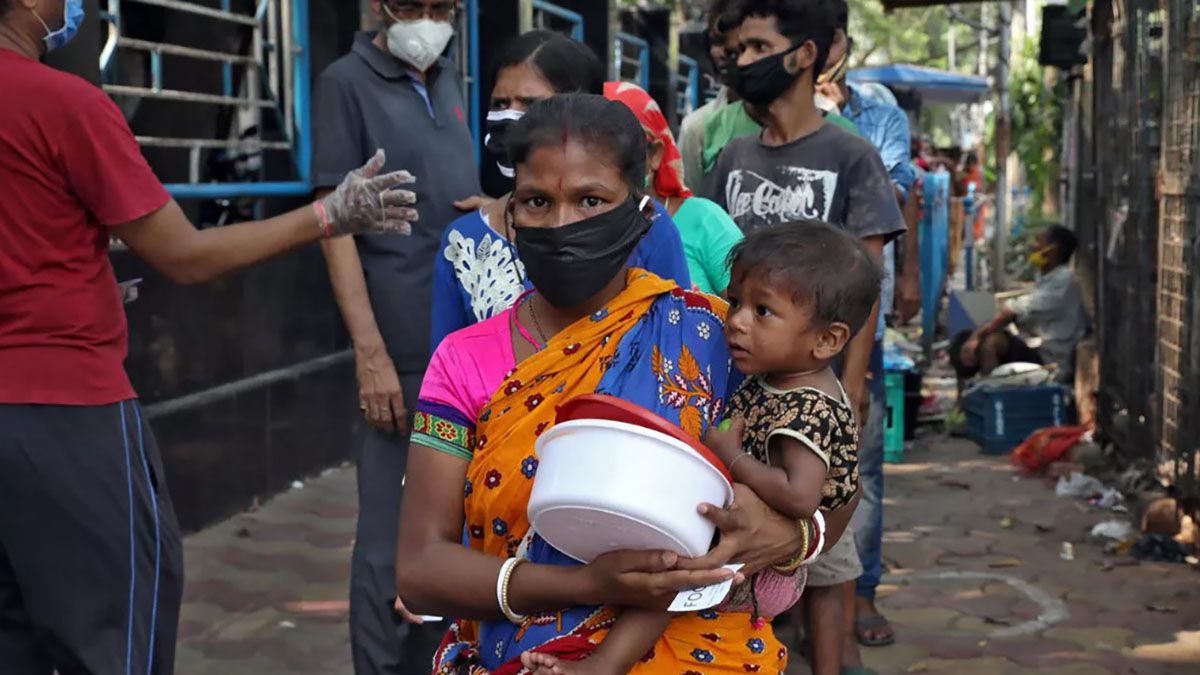Nearly half of young people have lost income due to the crisis, UN study finds
Some 42% of young people around the world, who were still working during the pandemic, have seen a drop in income as a result of the coronavirus crisis, a study by the United Nations’ labor body has found. Drew Gardiner, youth employment specialist for the UN’s International Labour Organization, told CNBC’s “Squawk Box Europe” on Wednesday that young people were in a “disadvantaged position” in the labor market even before the pandemic hit. This is partly because...



